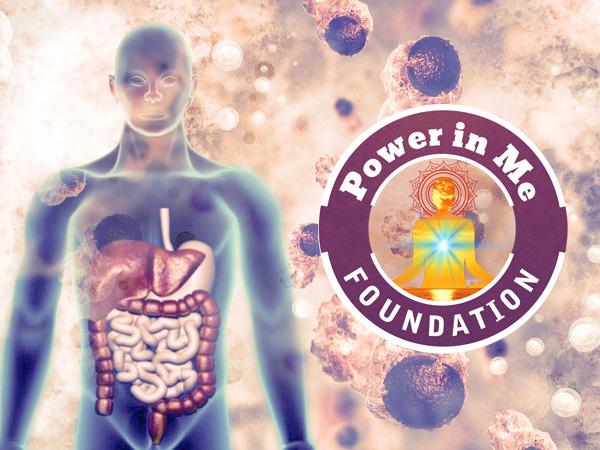
The year 2020 marks an end of first decade of 21st century. The world hoped for a positive beginning to the New Year. But, Covid19 spoiled the mood. The novel coronavirus is highly infectious that sees no difference between rich or poor, male or female, child or old and infects all. It is already declared as the global pandemic. Global deaths cross over 10000 and many more dying each day.
India too has taken its measures to fight infection from spreading. There is a strict guideline given by the central and state governments. ICMR is continuously monitoring the case and giving timely inputs with guidelines for diagnosis. As per national data on 25th March, 2020 the number of corona cases is more than 606 and still rising. There was Janta Curfew from 7 am to 9 pm on 22nd march. It was a nationwide trial run for the big lockdown. Now, India is in a 21 days lockdown period.
Looking into the context of the mass destructive effect of the novel corona virus lockdown seems the new norm and necessity. Even private diagnostic labs are given permissions to test the samples for covid19. Quarantine wards and other facilities are there in many hospitals.
Now the question arises that corona has become so big a concern that already existing healthcare issues have taken a back. More than 75 cities in India are on lockdown. But lockdown brings its own problems if proper management is not done.
Patients of rare diseases and chronic diseases need regular medical attention. They cannot do without it. In case of rare diseases and the high cost of their treatment, they depend on government and government hospitals for their treatment. For example, the cases of hemophilia; a rare bleeding disorder where patients need factor injections. These injections are lifesaving but are available at some of the designated hospitals only. The cases of dialysis where patients need to visit the dialysis centers. Government hospitals have big lines and number comes after long wait as it is time consuming and costly process.
Due to poor healthcare facilities in many states, the patients have travel to different states for regular treatment. The scenario is even bleak in the small towns and 3 tier cities, forget about the villages. Mr. Manoj Kumar Singh, Trustee and President of Power In Me Foundation states that rich people have their own vehicles to reach hospitals and they also get support. What about the low-financial people who are suffering and depend on public transport to reach hospitals. There are emergency numbers released by states for corona emergency but what about these medical cases? Also, how prepared are our healthcare providers to serve them when they are already busy with corona? He requests that the government and concern departments ensure separate lanes for ambulances and other vehicles for such medical emergencies. Police should be given the instruction to support these people and give separate passage to them. Hospitals that are treating these cases should make ample preparations for handling these patients with enough stock of their medicines.
The most important part is from the neighbors of people with rare diseases and chronic diseases to help them, if they are not having any means of transport to reach hospital. This is the time to show that humanity exists just a one day clapping won’t help.
Concern stakeholders like NGOs, Nagar Nigams, District Collectors, State Governments, and Central Government and Healthcare Departments must work hand in hand along with the pharma companies to ensure adequate medical facilities for the patients with rare disease and chronic diseases. Most importantly, there should be a separate helpline number for the patients where they can be connected with the specialist doctors and advised properly.
The financial supporting packages may not be enough for the poor families that have cases of rare diseases or chronic diseases. The system and management should be done keeping everyone in mind.